Switching To Renewable and Sustainable Energy
Switching to Renewable and Sustainable Energy The world’s climate is changing, and we want to make positive changes around it. At NXTGEN BPS, we have a vision of reducing greenhouse gas emissions and fossil fuel…
(read more)

